Steffi, you have worked in Controlling at Mercedes-Benz since 1999. New technologies, more streamlined processes, flexible boundaries between finance departments: How much has the operating business changed since then?
Enormously. When I started out, we still didn't have laptops, and we had to pore through endless lists of data. Our collaboration has also changed a great deal thanks to digitalisation – whether that means communication via digital tools or shared use of dashboards. This is where the use of "predictive forecast" becames important: How can I use automation as much as possible to forecast the future based on past information? Such forecasts can be created with the help of AI applications, and the controller intervenes selectively in order to enter future events or economic forecasts that are already known.
How is digitalisation changing your everyday work?
Slavica: My day-to-day work has changed profoundly. This has required me to expand my knowledge of databases and analysis applications and to broaden my programming skills. The focus has now shifted from our original manual reporting – for which data are collected, assessed and processed into graphics – to real time data analysis. That was a big adjustment for me at first. But Steffi is both my boss and a mentor who always encourages me to take on new challenges.
Steffi: People are creatures of habit, first and foremost. However, Slavica was one of those colleagues who asked, "Can't we create a digital solution for this?" from the start. As a controller, she started developing suitable solutions along with a colleague very early on. When I was looking to fill the digitalisation position in our Controlling team, I knew that Slavica had the right mindset and customer perspective, even if she needed a bit more of a technical background, which she acquired very quickly
,xPosition=0,yPosition=0.5)
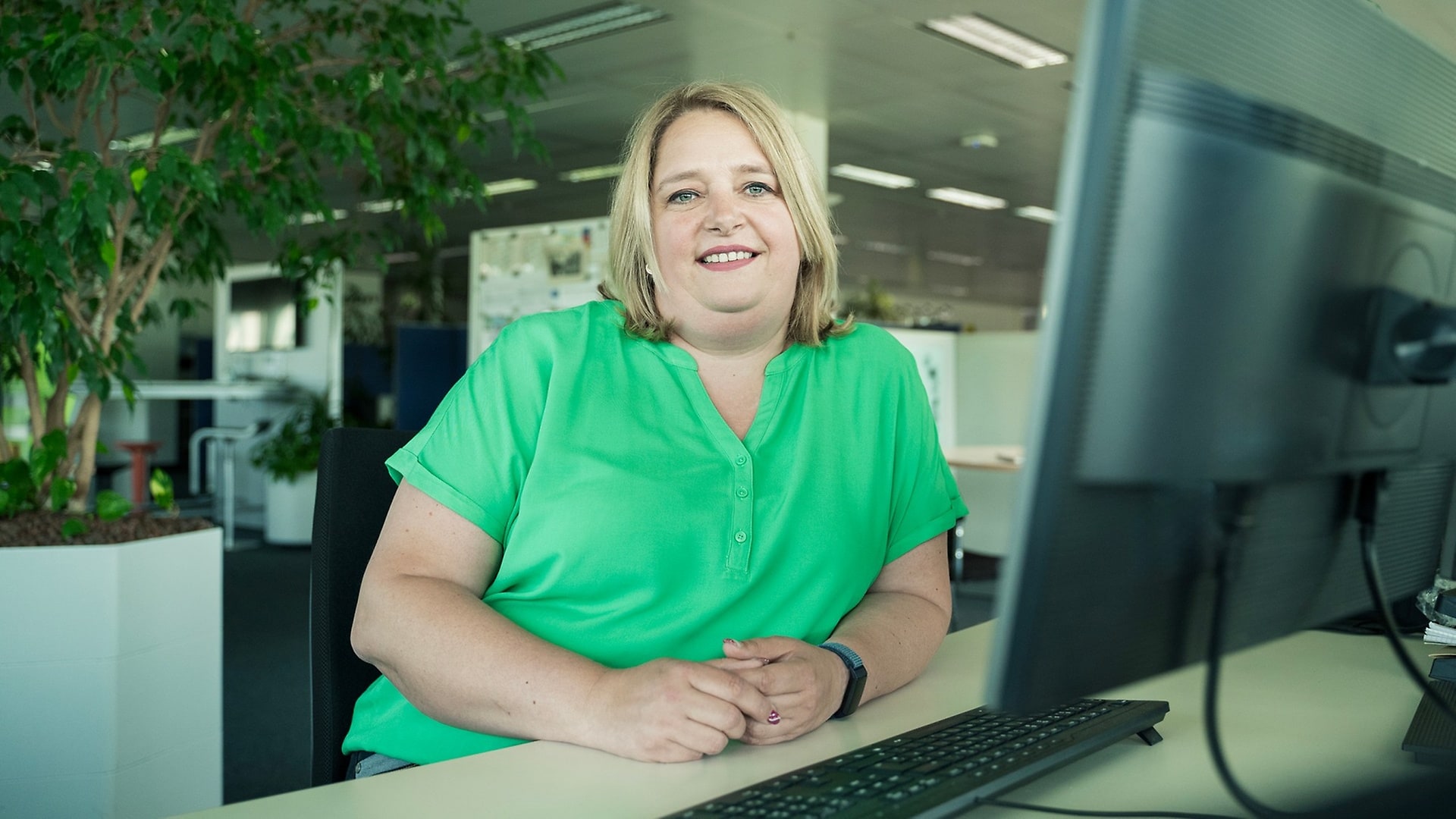
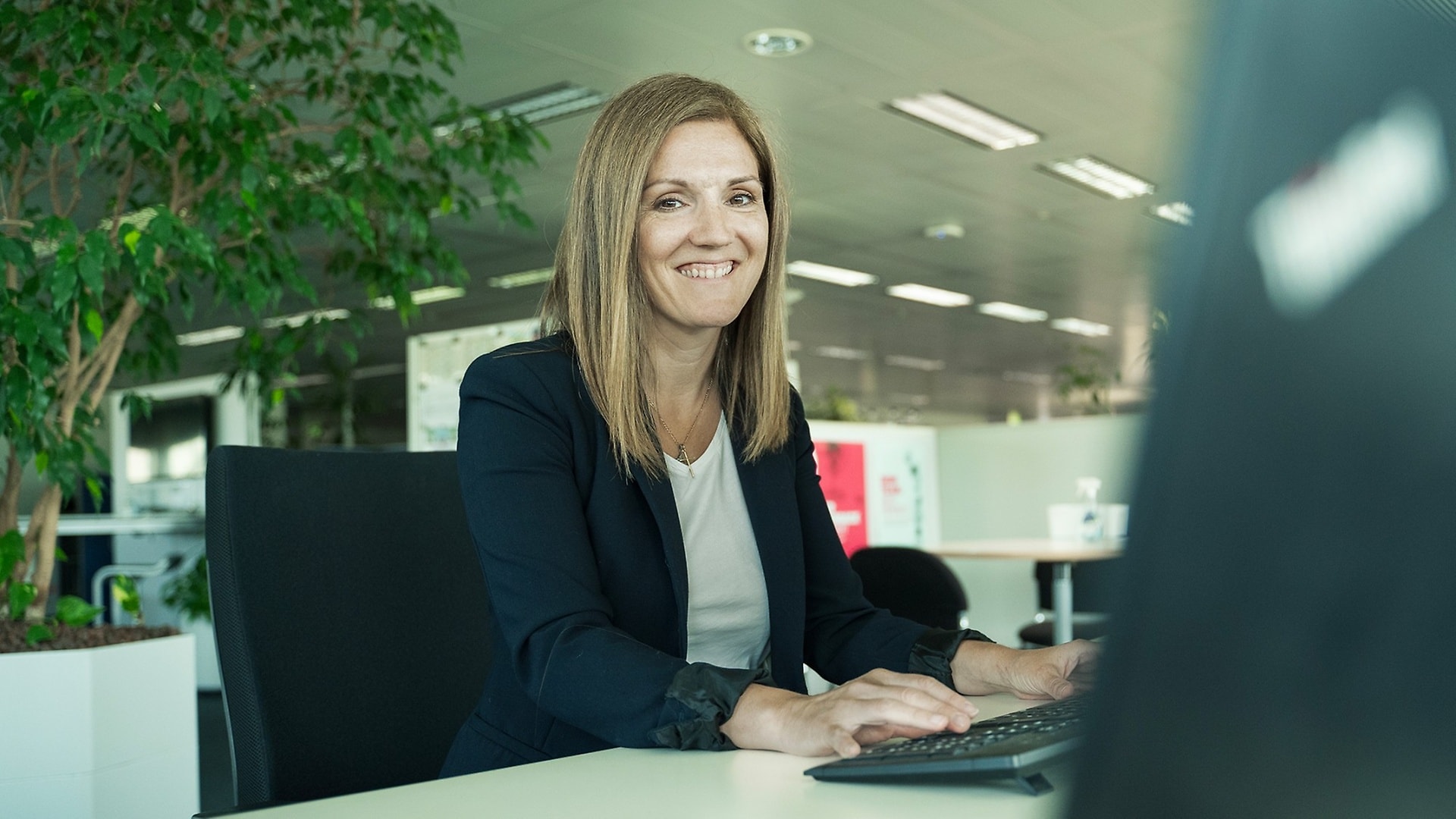
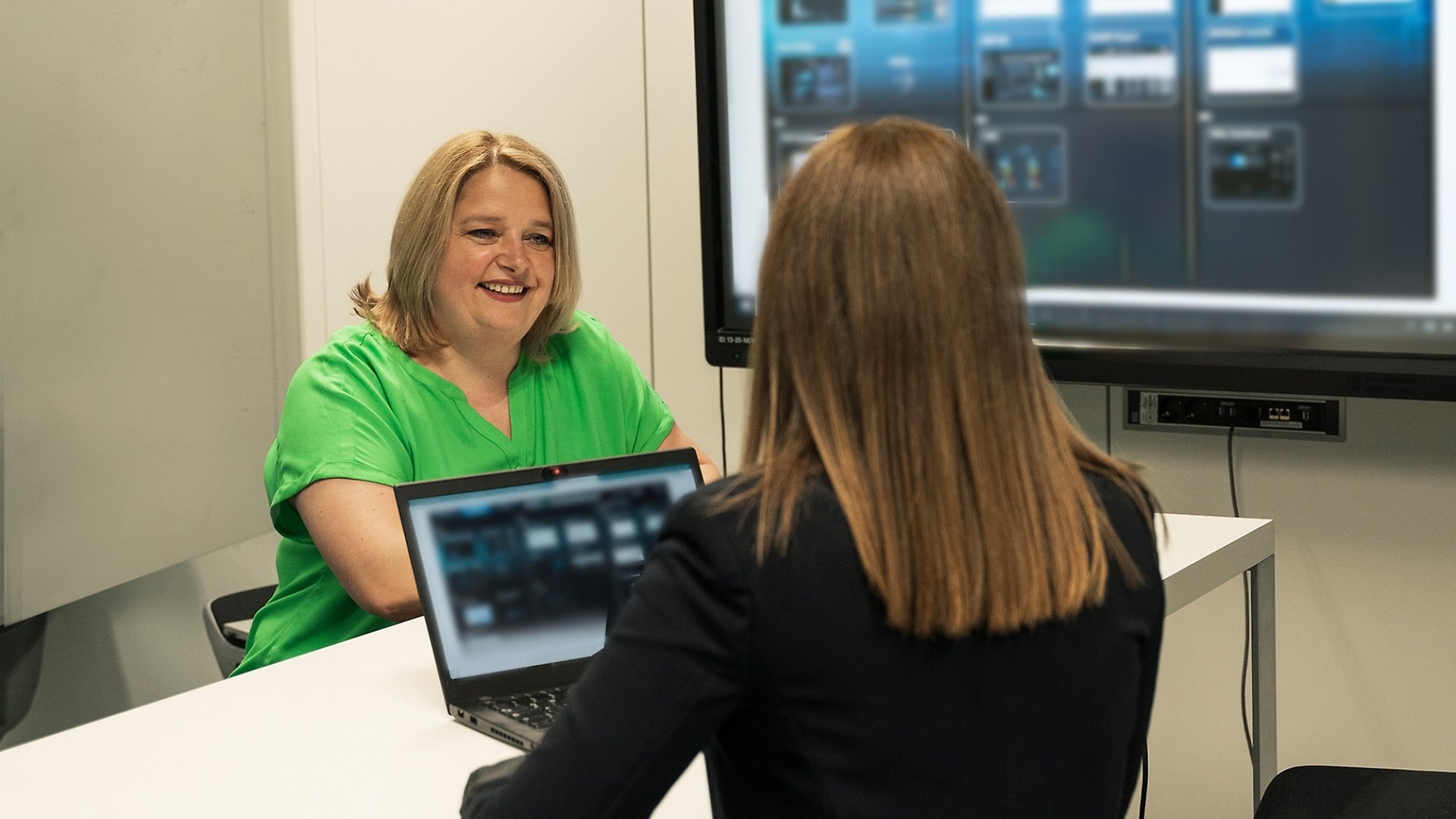
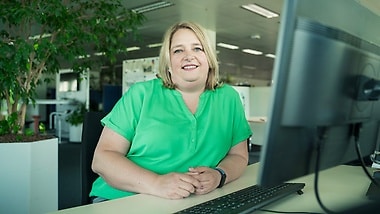

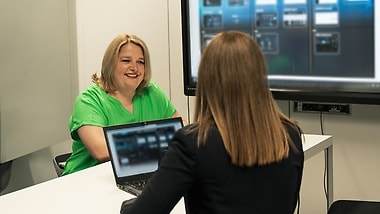
,xPosition=0.5,yPosition=0)